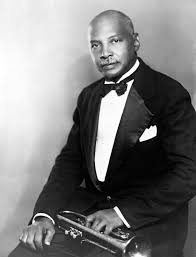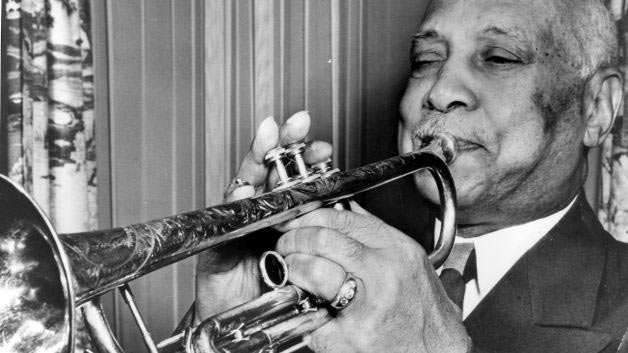When we think of the origins of American blues music, the name W.C. Handy is often the first to come to mind. Born in 1873, Handy’s contributions to music helped shape the foundation of what we now know as the blues genre. But beyond his influence, there are several fascinating aspects of his life and career that many people may not know. Let’s explore five intriguing facts about W.C. Handy!
1. He Didn’t Initially Like the Blues
Though he would later become known as the “Father of the Blues,” Handy was initially unimpressed by the genre. In fact, his first encounter with blues music was somewhat accidental. While waiting for a train in Tutwiler, Mississippi, he heard a local musician playing a guitar with a slide, producing a sound that Handy found raw and unusual. This moment would later inspire him to incorporate elements of the blues into his compositions, despite his early reservations.
2. He Was Classically Trained
W.C. Handy wasn’t always a blues musician. He started his musical journey in a more formal setting, studying classical music and learning to play instruments like the cornet and trumpet. He was trained in European musical traditions and performed in orchestras. His classical background helped him to blend the structure of traditional European music with the soulful improvisation of African American folk sounds, giving birth to the iconic “Handy sound.”
3. His Biggest Hit Came by Accident
One of Handy’s most famous compositions, “St. Louis Blues” (1914), wasn’t planned to be a major hit. Written in a rush to fill a gap in a performance set, the song went on to become one of the most popular and widely performed blues songs in history. It was one of the first blues pieces to achieve mainstream success and is still considered a timeless classic.
4. Handy Was a Pioneer in Music Publishing
W.C. Handy understood the importance of owning his music. In a time when many African American musicians were exploited by publishers, Handy co-founded the first Black-owned music publishing company, Handy Brothers Music Co., in 1918. This allowed him and other African American composers to retain the rights to their music, ensuring they could benefit financially from their work. Handy’s savvy business acumen set an important precedent in the music industry for artists’ rights.
5. He Composed Music Despite Being Blind
In the later years of his life, W.C. Handy lost his eyesight due to a fall in 1943. However, this didn’t stop him from composing music. Even after going blind, Handy continued to create by dictating his compositions to assistants. His determination to keep working despite his disability demonstrates his profound dedication to music.
W.C. Handy’s life and career were as dynamic and influential as the music he helped create. From his initial reluctance to embrace the blues to his pioneering role in the music industry, Handy’s legacy is a testament to the power of music to transcend boundaries and bring people together. His story is a reminder that innovation often comes from unexpected places, and sometimes, all it takes is an open ear and a willing heart to create something extraordinary.


No responses yet